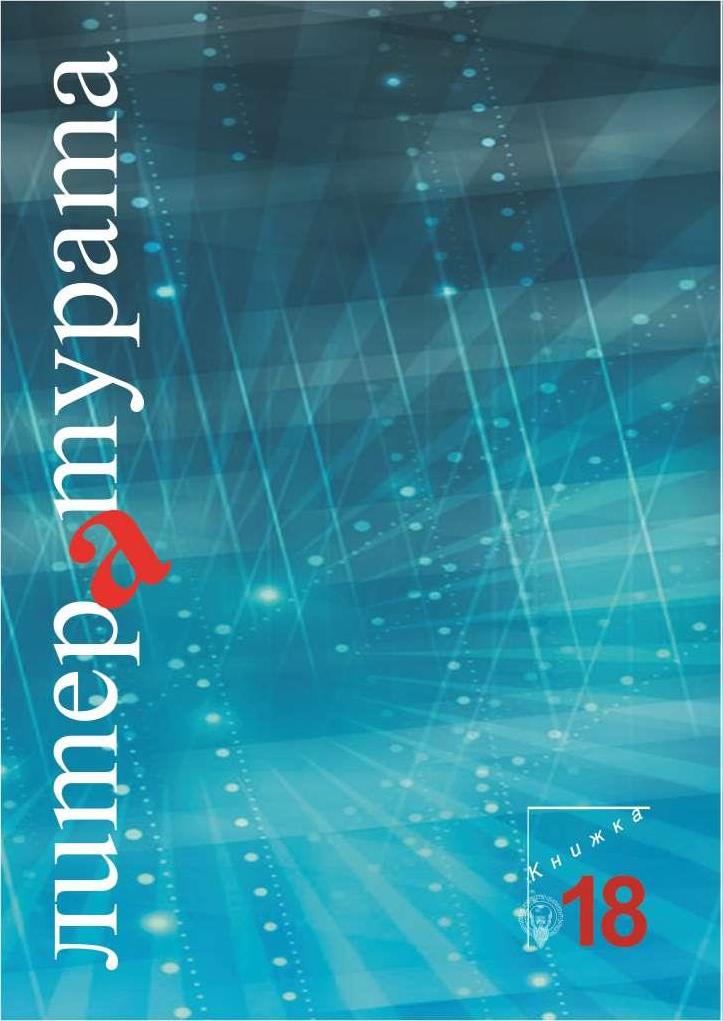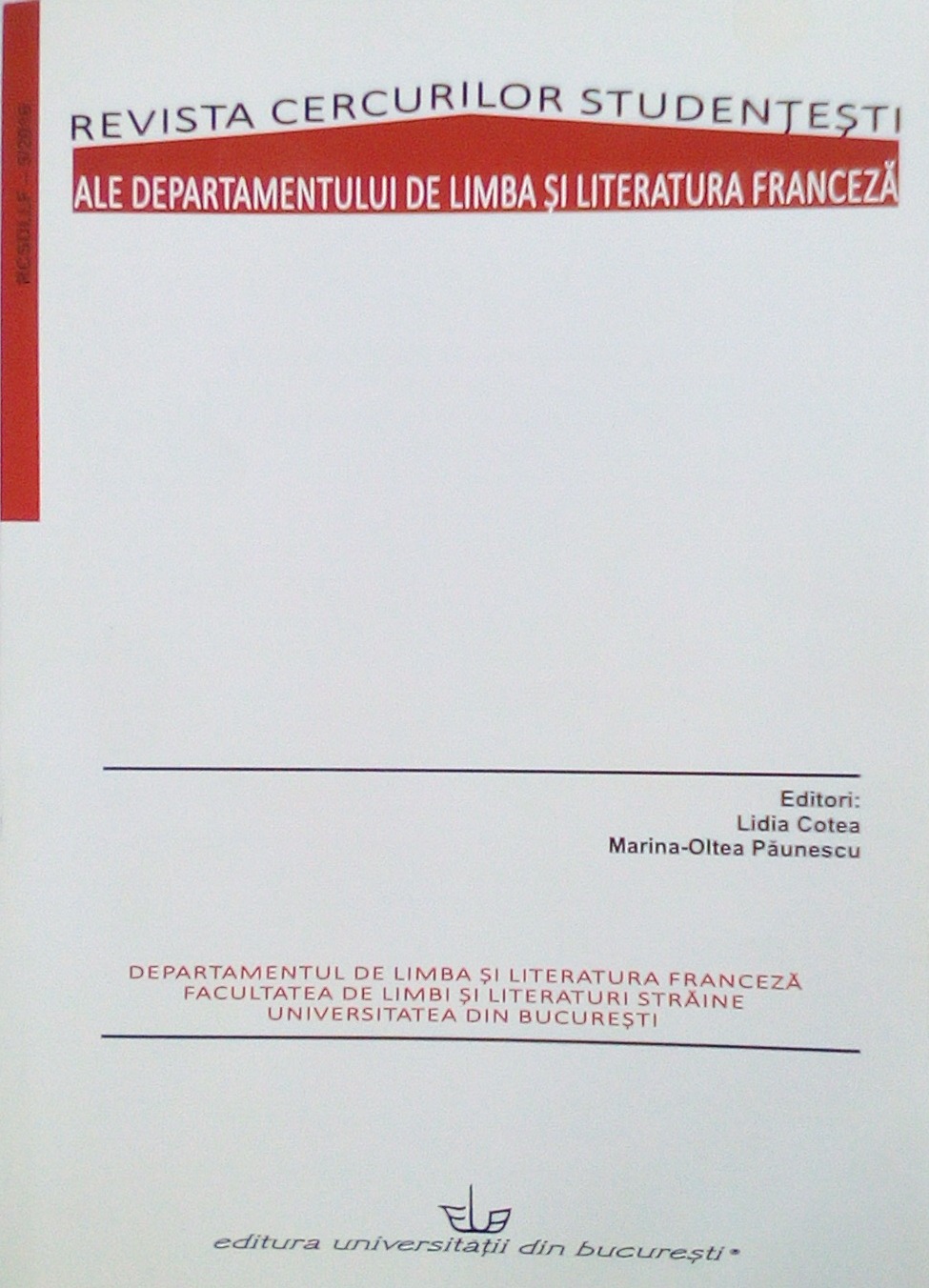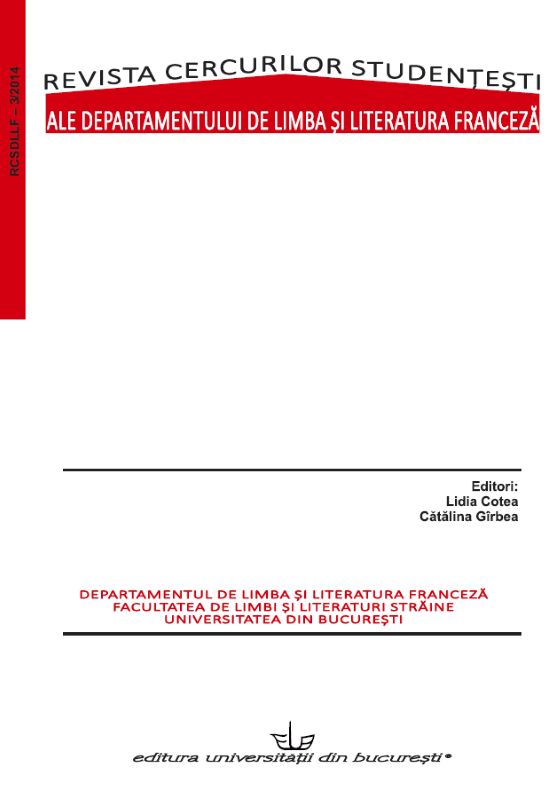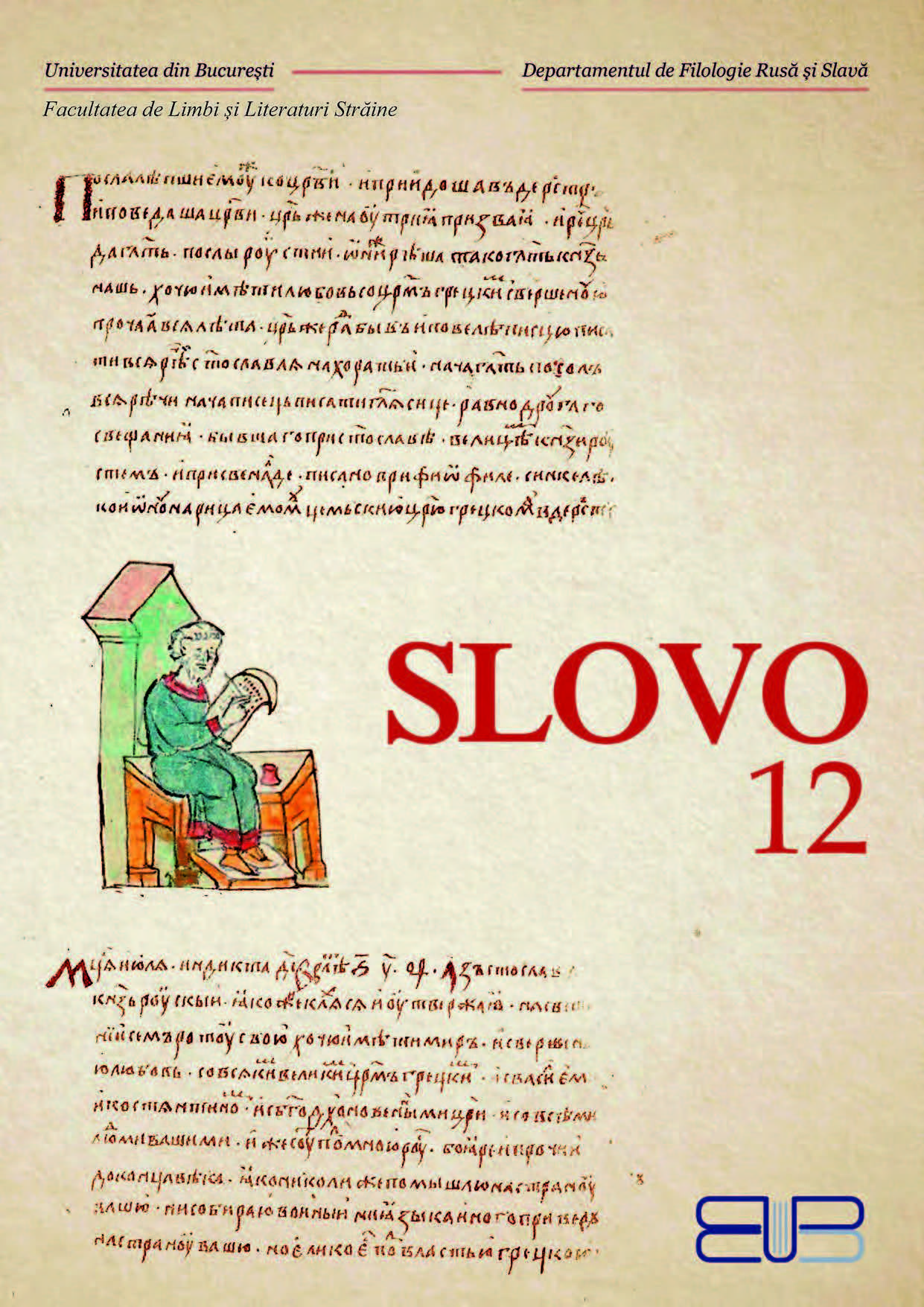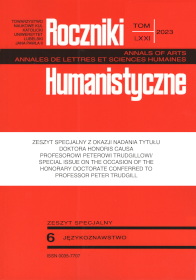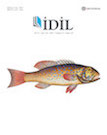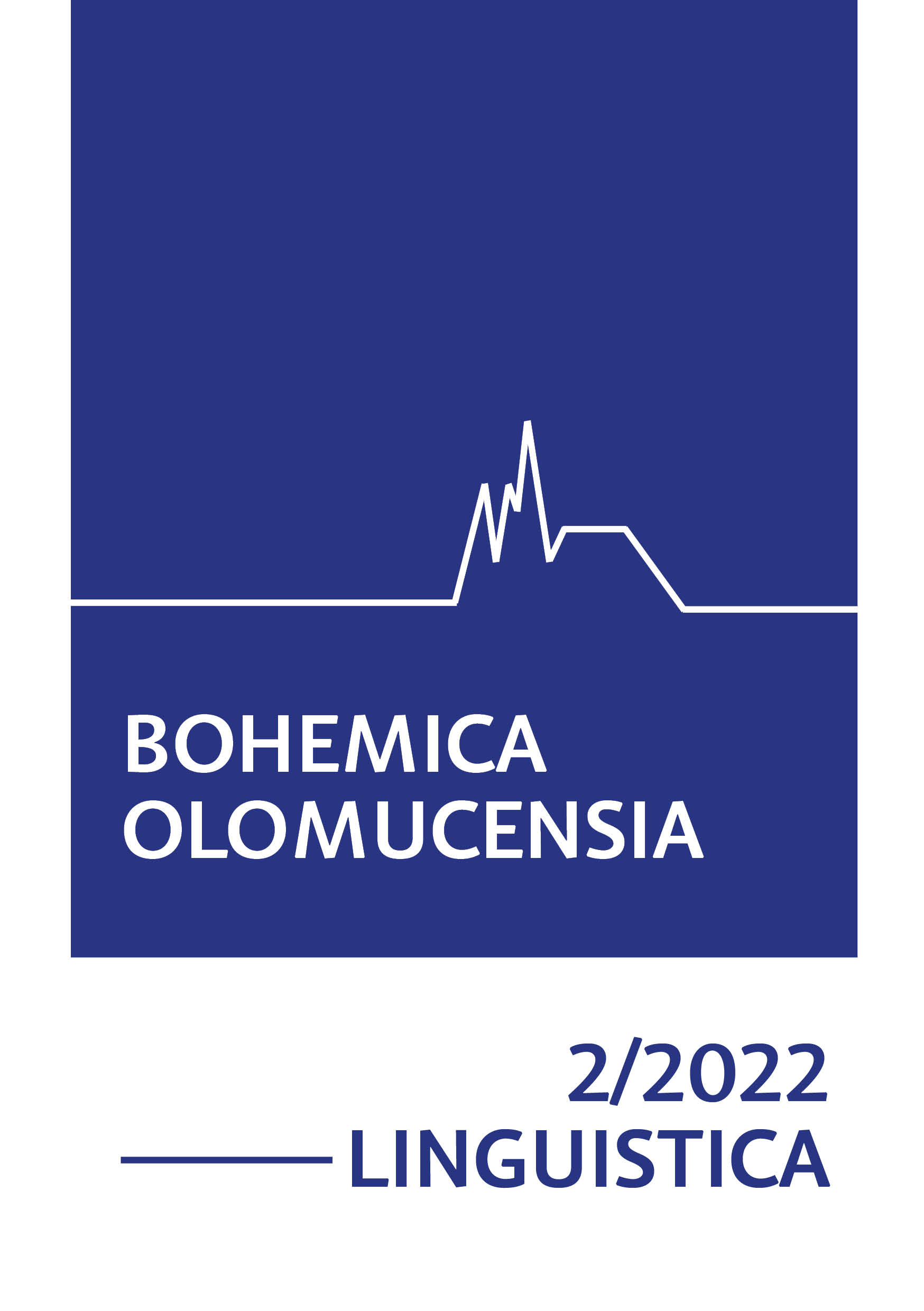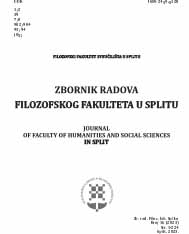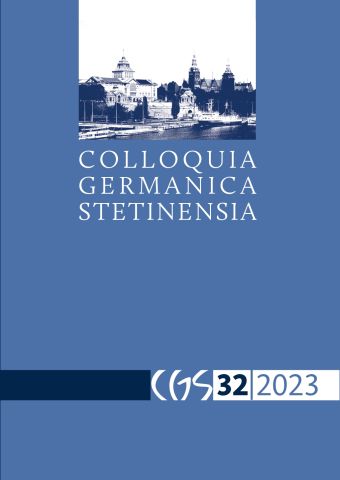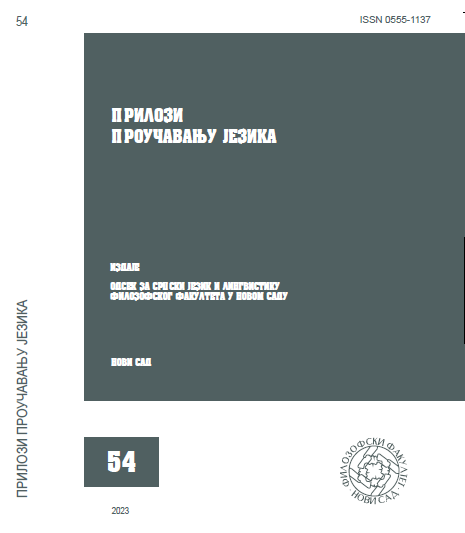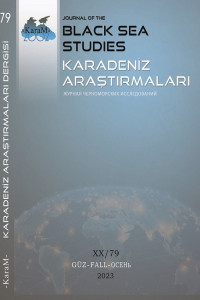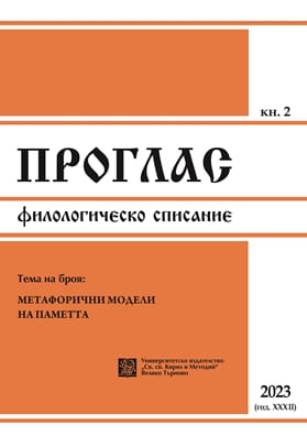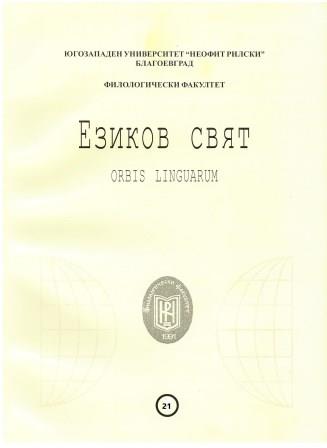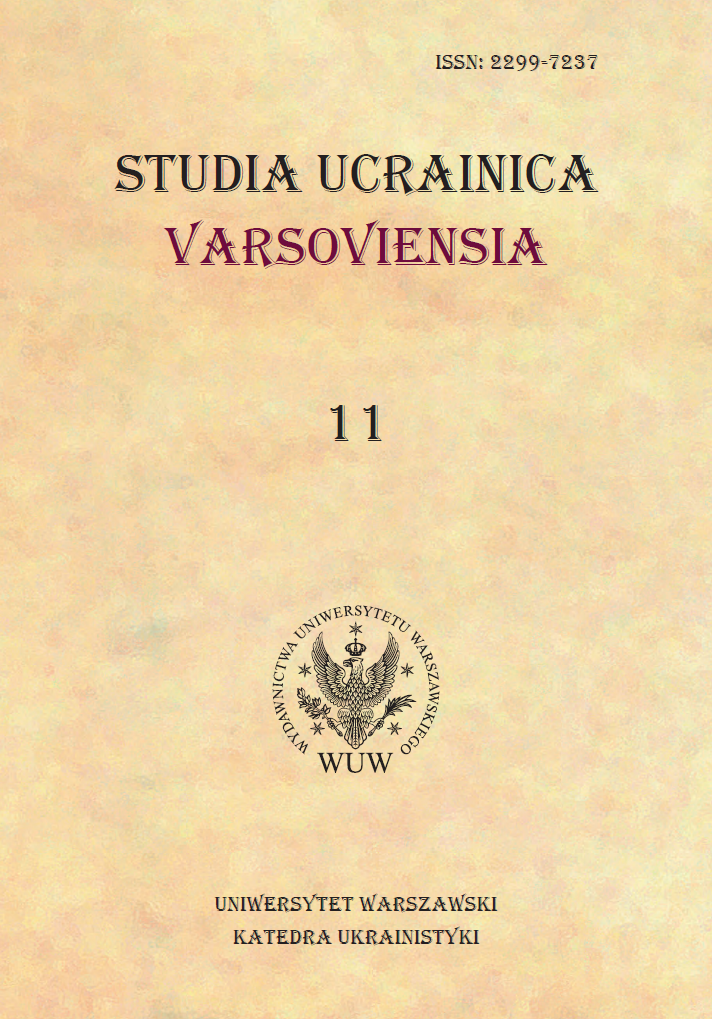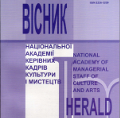Author(s): Pavel Krejčí / Language(s): Czech
Issue: 3/2023
The text presents the toponyms in the role of components of the Bulgarian, Serbo-Croatian and Czech phraseological units, which have the form of a stable comparison. Traditionally, a comparison – whether idiomatized (established) or non-idiomatized – has a semantic structure that can be expressed by the formula Cd – R – Tc – c – Ct, where Cd (comparandum) is a referential expression usually in the subject position, given a specific context, R (relator) is a relational expression (usually a verb) that gives the idiom the character of a predicate, Tc (tertium comparationis) denotes a property, which Cd and Ct have in common (Tc often merges with R), c (comparator) is a formal feature signalling a general relation of similarity (as, in Czech usually jako/jak, in Serbo-Croatian kao/k'o, poput, in Bulgarian като, колкото, сякаш) and Ct (comparatum) is a generalised and usually known model, prototype, standard to which the contextually given referent of Cd is related in terms of its similarity (Čejka, 1992, p. 34 – 35, cf. also Filipec, Čermák, 1985, pp. 217 – 218). The toponymic component is usually part of the comparatum. From the point of view of the syntactic structure we have identified two main types of comparatum: 1. simple comparatum (comp. = toponym, e.g. Bulg. стар като Ерусалим, S.-Cr. velik kao Velebit, Cz. vyprahlý jako Sahara) and 2. complex comparatum (comp. = structure containing a toponym), which has three different forms: prep+TOP (e.g. Cz. je tam zima jako v Rusku), Subst+prep+TOP (e.g. Bulg. оправям работата колкото Бамо в Троян) and Verb[+Subst]+prep+TOP (e.g. S.-Cr. kao da je došao iz Tunguzije).
More...
